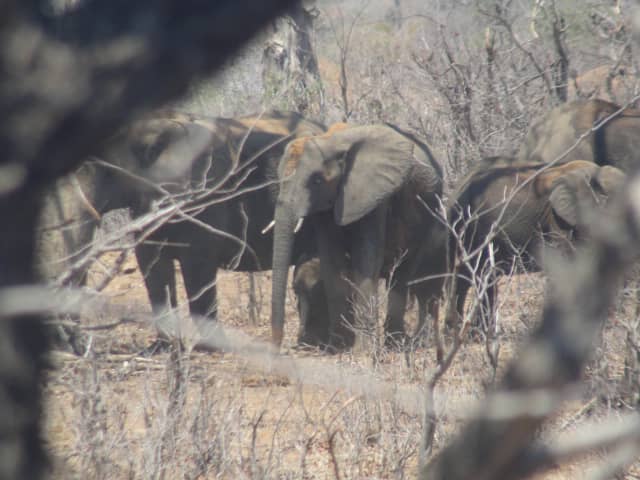|
Getting your Trinity Audio player ready…
|
Residents of Bikita District in the eastern district of Masvingo Province have expressed displeasure in the government’s move to relocate 2600 wild animals from Save Conservancy.
The major concern of Bikita residents was that the stance should be done whilst reimbursing the district.
Bikita Residents and Ratepayers Association (BIRRA) spokesperson Mark Mutengani called upon the central government to ensure that as the relocation exercise happens, there should also be some value to be left for the development of the district.
“As much as we appreciate the decision by the central government under the ministry responsible for wildlife management to decongest our Save Conservancy for better wildlife management, as BIRRA we are worried about relocation of such animals without any revenue left to our district.
“These animals are part of Bikita resources and can’t be just taken out of our district with no revenue left. We, therefore, call upon the central government to consider the valuation of these relocated species and leave a portion to our council either by instant reimbursement or reimbursement upon their harvest,” said Mutengani, adding that the decision came about without the consultation and inclusion of residents hence contradicting devolution processes.
“What the government is doing in Save Conservancy puts off the spirit of devolution. Zimbabwe is embracing devolution hence it’s unfair for the central government to relocate animals with no value attached left for the development of the district.
“Under the same spirit of devolution, we encourage the central government to engage stakeholders and residents in such issues before taking such actions. Residents’ inputs are important in making such decisions. These wildlife resources belong to Bikita and whenever a decision to take away such resources is made, residents must be at the centre of decision making. It’s unfortunate that as residents we are only hearing this from the media with no proper consultations done,” Mutengani said.
The issue of the relocation of these wild animals sparked debate in the BIRRA social group.
Posting on the group, one of the residents said that Bikita is not benefitting from the resource yet it was just being used as a rearing area.
“Certainly, it’s proper and appropriate contingency relocating our wildlife to more conducive environments for their survival.
It’s just unfortunate that the benefits gained out of this resource will be enjoyed far away from our district.
“Let it be noted that some of the wildlife is being harvested from our very Bikita. Come hunting season, obviously, the zones where this crucial resource is being relocated will reap the utmost benefit returns in total. Yet in a real sense our district stands as the breeding and rearing ground for the resource,” said the source.
Meanwhile, another resident called for a petition to local authorities regarding the maintenance of the security lines in areas where these wild animals are kept as a mitigatory measure to human-wildlife conflict.
“A petition to our local authorities is really required so that we become aware of what are we going to benefit from our local wild resource. The public is also complaining about the lack of security line maintenance which poses a major threat to human lives and to their livestock,” said the source.
Zimbabwe Parks and Wildlife Management Authority spokesperson Tinashe Farawo recently confirmed the relocation of these wild animals to a local press.
“We issued the permits after doing thorough assessments and research. Our ecologists and zoologists, as well as others from South Africa, assisted us in carrying out assessments on security, availability of water, and food before a decision was made to translocate the animals,” he said.
According to a local newspaper, the Zimbabwe Parks and Wildlife Management Authority (Zimparks) issued permits for the transfer of 2,640 animals from the Save Valley Conservancy to three other national parks – Tsapi, Chizarira, and Matusadona.
The animals to be relocated include 400 elephants, 2, 000 impalas, 70 giraffes, 50 zebras, 50 buffaloes, 50 elands, 10 lions, and 10 wild dogs.
